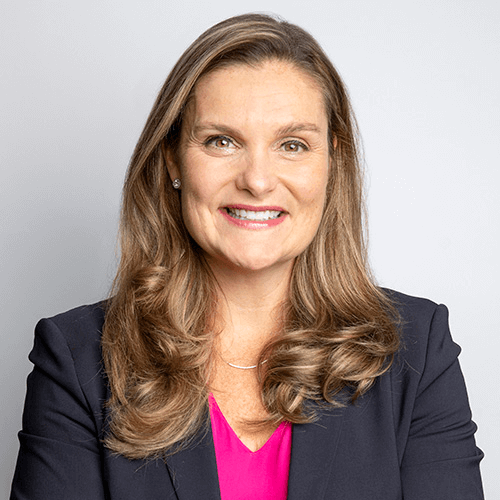Part 3: Unlocking ESG – Navigating the Sustainability Ecosystem Series
ESG factors are widely accepted as a driver of value creation and performance
ESG is, at its core, a key component of 21st century value creation, noted Vinay Shandal. “Anyone who cares about earning a return, needs to care about ESG.” According to him, ESG as a driver of value is well understood by both asset owners and managers, with a growing number of portfolio managers recognising that “getting it right” is beneficial and not just a marketing exercise. “I see the increasing convergence between ESG performance and financial performance and we should only see continuous interest and growth in this space.” “There’s a wider audience that really cares about these issues,” Sara Mahaffy agreed. “Back in 2017 and 2018, I did not notice a huge difference in terms of dedicated ESG funds compared to traditional assets, but in 2019 I started to see a gap emerge as dedicated actively managed ESG funds started to outperform more and it has persisted in 2020,” she stressed.
Dynamic materiality is the new ESG normal
“Materiality” is an assessment of each component of ESG that could have a negative impact on a business in terms of risk to its financial performance, explained Vinay Shandal. However, he advised to consider this concept as ‘dynamic’ – the fact that what is perceived to be material at one given time can change. “Before the pandemic, for instance, the emphasis was on the ‘E’ environment, and today it is more on the ‘S’ - social - since the Covid crisis has led to more dialogue on inclusion and inequality, especially as the pandemic seems to affect the poor disproportionately, with the difficult conditions some frontline workers have been facing receiving greater attention.” For him, amid a rise in activism, companies that get ESG issues wrong will be punished, not just by regulators but employees who will refuse to work there, suppliers who will refuse to transact and customers who will boycott their products or services. “Cancel culture is a real thing,” he warned.
The pandemic has made the case for ESG even stronger
“When I speak to CEOs, there is short-term pressure to keep the business liquid, but people are not giving up on the pre-pandemic commitments they made, especially when it comes to the ‘E’,” Vinay Shandal pointed out. Health & safety in the workplace has become a very important issue as well as supply chain resilience for instance. “ESG as a driver of value has not gone away. The test of ESG was when times were tough, and people held on to it, not because it was a luxury item but because if you get this right and stick to the purpose, nail my performance to certain ESG factors, the business will move in sync. ESG passed the test,” he said.
The focus on ESG momentum and getting ahead of the data challenge
“There is a lot of investor focus on improvement in ESG, or ESG momentum - the idea of looking at the trends in ESG scores rather than the actual levels to see whether they’re improving or not, looking at companies that have seen the most improvements versus the least improvements in each sector,” Sara Mahaffy said. Since 2015, companies that are seeing the most improvements in ESG scores have outperformed within most sectors, especially in Energy, Communication Services, Industrials, and REITs, according to her. Data is an unusually complex - and increasingly complex – space, added Vinay Shandal. “My message to CEOs is - ignore ESG at your peril. You need to be seen to be playing ball. If you’re not disclosing and engaging with stakeholders, then they will assume you’re hiding something and will fill in the blanks for you. It’s very import to control your own narrative - have your own in-house view on what’s material, show a purpose, a strong strategy that incorporates ESG to elevate your business above the data war unfolding,” he concluded. “In my traditional equity strategy role, I’m used to working with standardised, quantitative data, that spans a long history where you can do analysis over several cycles etc. With ESG it’s a lot tougher,” Sara Mahaffy remarked. “The data is improving out there though,” she pointed out. Both Sara and Vinay acknowledge the significant growth in passive ESG funds and encourage companies to invest more in understanding inclusion criteria for those funds.
